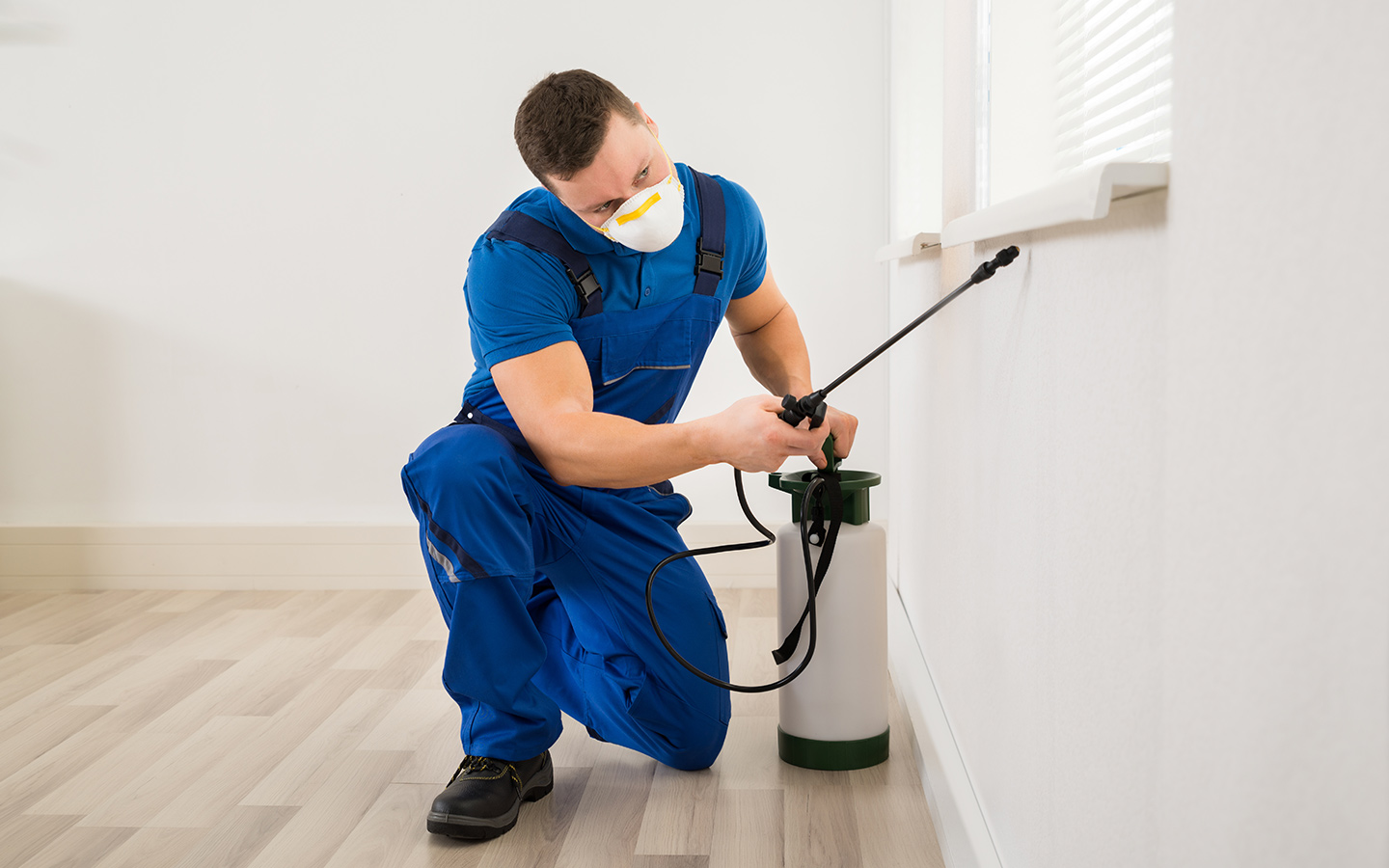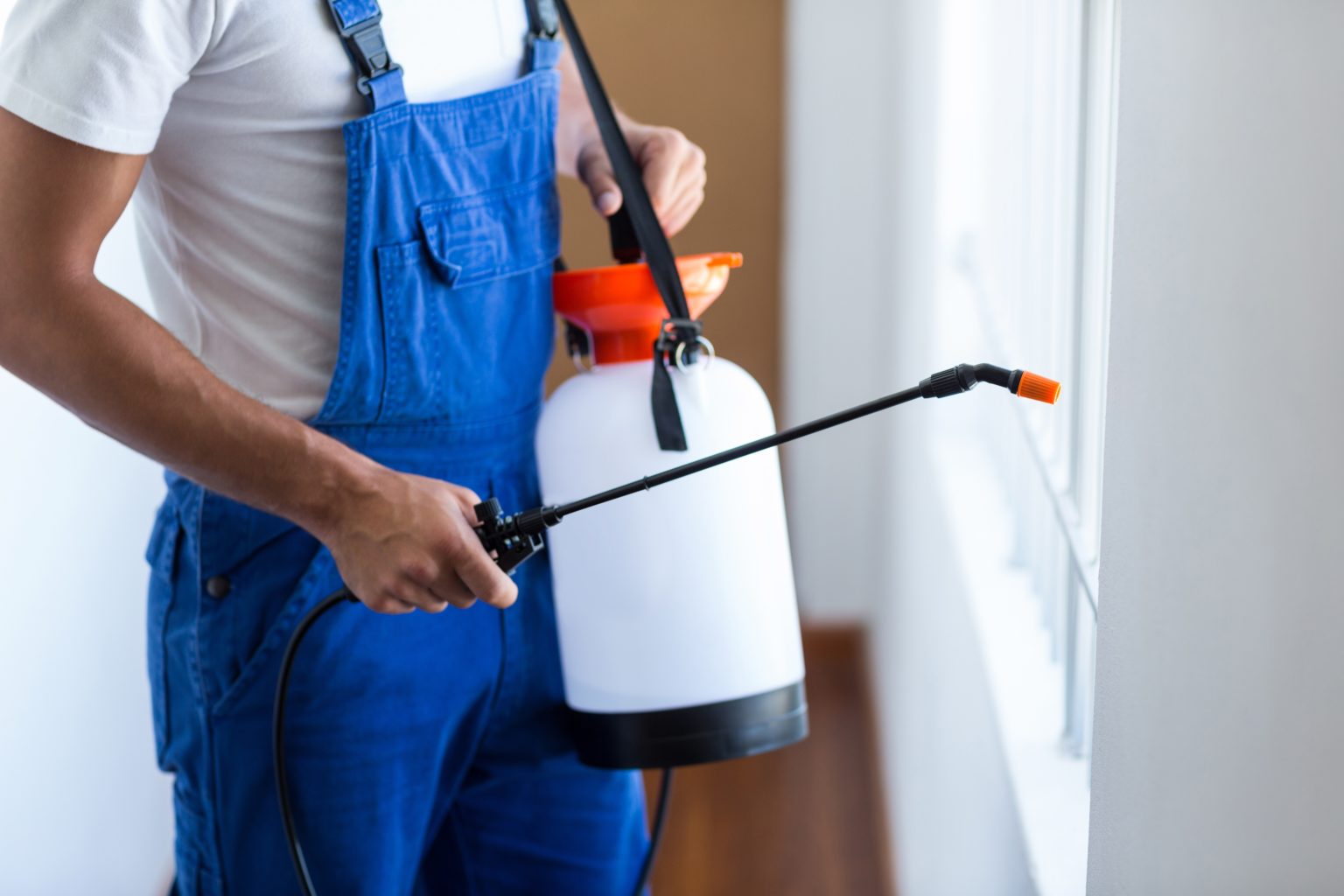Pest control is a crucial aspect of maintaining a healthy and safe environment, whether it's in your home, workplace, or any other space. From rodents to insects, pests can cause damage to property, transmit diseases, and even pose significant health risks. Understanding the fundamentals of pest control is essential for effective management and prevention. Here are some key insights to keep in mind:
Identify the Pest:
Before implementing any pest control measures, it's essential to accurately identify the pest species. Different pests require different approaches for control and eradication. Conduct a thorough inspection of the area to determine the type of pest present and the extent of the infestation.
Prevention is Key:
The best way to deal with pests is to prevent them from entering your space in the first place. Seal cracks and crevices, keep food stored in airtight containers, maintain cleanliness, and eliminate standing water to discourage pests from taking up residence.
Integrated Pest Management (IPM):
IPM is a holistic approach to pest control that focuses on long-term prevention and management while minimizing risks to human health and the environment. It incorporates various strategies such as biological control, habitat modification, and the judicious use of pesticides as a last resort.
Environmental Impact:
When choosing pest control methods, consider their environmental impact. Opt for eco-friendly and non-toxic solutions whenever possible to minimize harm to beneficial insects, wildlife, and the ecosystem as a whole.
Professional Assistance:
While DIY methods can be effective for minor pest problems, severe infestations often require the expertise of pest control professionals. Pest control companies have the knowledge, experience, and specialized equipment to tackle even the most stubborn pests safely and effectively.
Regular Inspections:
Regular inspections are essential for early detection of pest problems. Schedule routine inspections of your property to identify any signs of pest activity and address them promptly before they escalate into larger issues.
Proper Waste Management:
Proper waste management is crucial for preventing pest infestations. Keep trash bins tightly sealed, dispose of garbage regularly, and avoid leaving food scraps or spilled liquids exposed, especially in outdoor areas.
Understand Pesticides:
If pesticides are necessary, it's essential to use them responsibly. Familiarize yourself with the active ingredients, application methods, and safety precautions associated with the products you use. Always follow label instructions carefully and store pesticides securely out of reach of children and pets.
Monitor and Evaluate:
Pest control is an ongoing process that requires monitoring and evaluation to assess its effectiveness. Keep track of pest activity and the success of control measures implemented, making adjustments as necessary to maintain a pest-free environment.
Education and Awareness:
Educating yourself and others about pest control practices is vital for fostering a culture of prevention and responsible pest management. Share information with family, friends, and community members to promote awareness and collaboration in combating pest problems.
In conclusion, effective pest control requires a combination of proactive prevention, strategic management, and responsible decision-making. By understanding the principles outlined above and implementing them diligently, you can safeguard your living and working spaces against pests and enjoy a healthier, pest-free environment.









